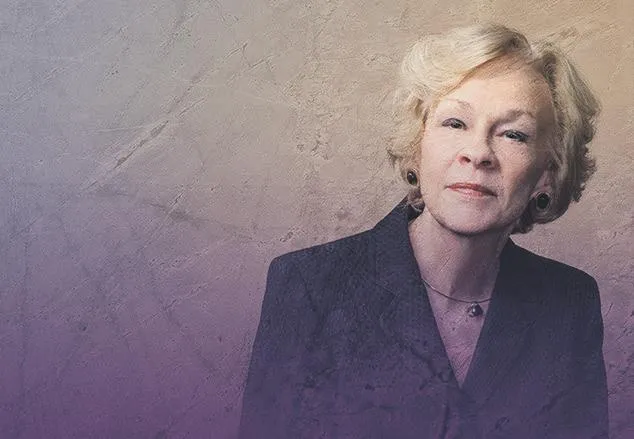In recent years, we who call ourselves Christians have been speaking and writing about topics like ‘abuse in the church’, ‘cruelty in the sanctuary’ and the dangers that can be found in ‘God’s house’. It seems that the place God designed to be a refuge for His people has instead, at times, become a den of thieves.
These descriptions are what we call an oxymoron – statements that are a combination of contradictory words and incongruous elements. Think about this now common phrase: ‘abuse in Christian organisations’. These words should take our breath away and cause up to weep. Sadly, they often result in scrambling for ways to hide or ignore the abuse so that the ‘Christian’ organisation can proceed undisturbed. We have forgotten God’s word to the young boy Samuel. When called by God, Samuel responded: ‘Speak, for your servant is listening.’ God told him that he was about to bring judgment on Eli’s house forever for the iniquity he knew … and did not rebuke’ (1 Sam. 3:13).
Blind guides
I fear Christendom has given much effort to hiding and ignoring iniquities we have known about and, like Eli, failed to rebuke. The iniquity in our case is often sexual abuse or assault. Some who name themselves Christian have used sexual acts, words or pictures to control, manipulate and intimidate others. We are using something God calls sacred (sex) to violate a human being He loves and who is created in His image. In doing these things, and in covering them up, God’s people in His sanctuary have become complicit with evil that God hates.




